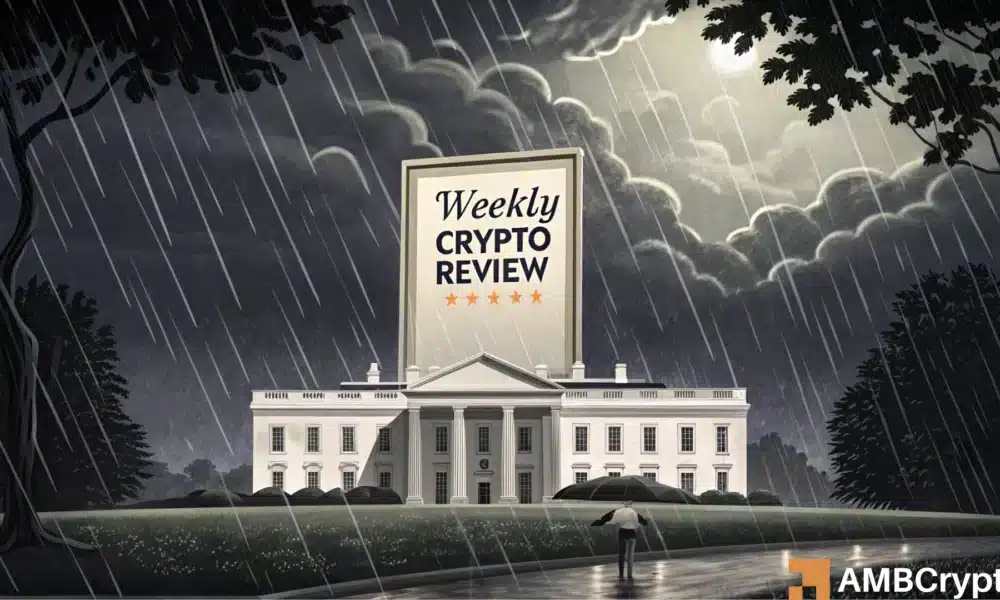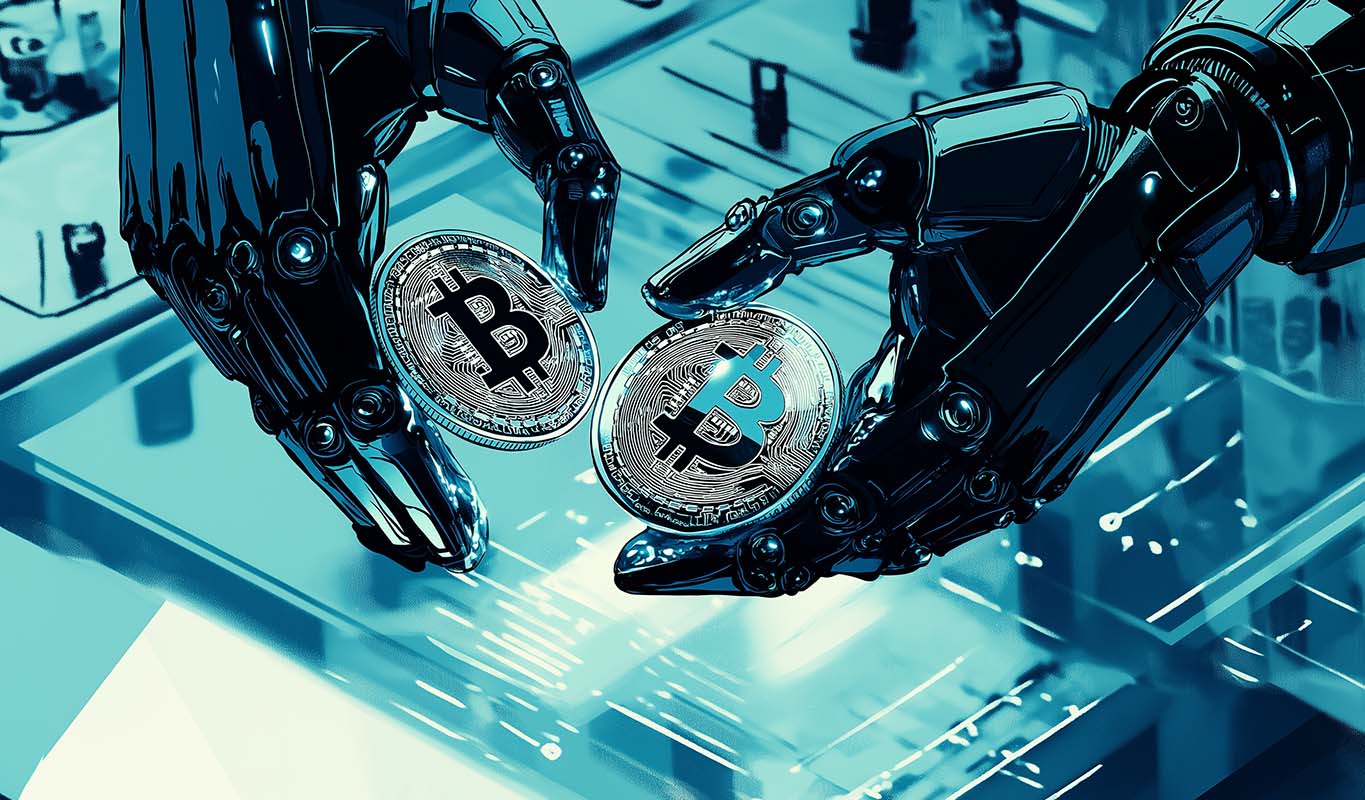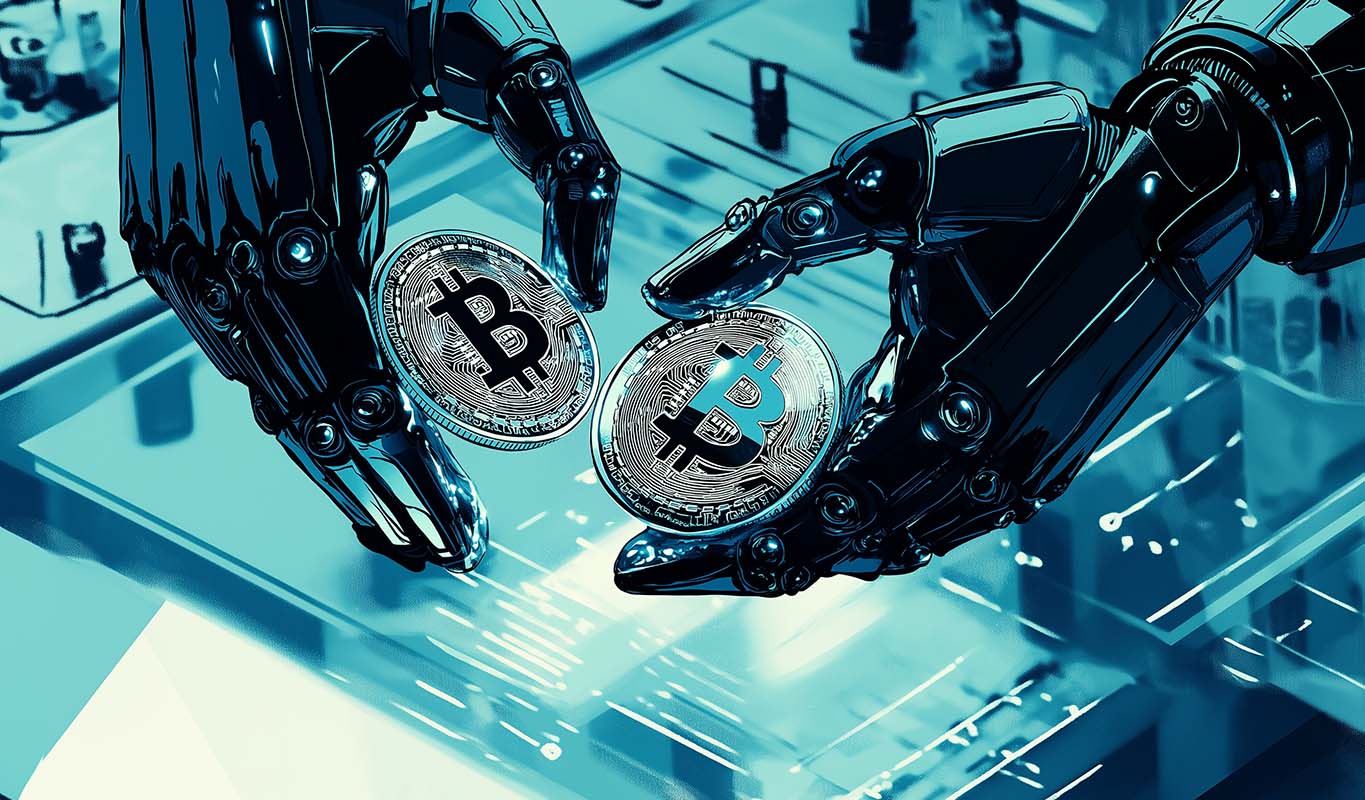Bitcoin Prices Remain Calm Amidst Easing Inflation
Despite the latest Consumer Price Index (CPI) data from the US showing a decrease in inflation to 2.4% in March, down from 2.8% in February, the Bitcoin market displayed a muted reaction. This unexpected calmness in the Bitcoin market might leave some investors puzzled.
Understanding Inflation and Its Impact on Bitcoin
Inflation is a measure of the general increase in prices and fall in the purchasing power of money. Historically, Bitcoin has been viewed as a hedge against inflation due to its finite supply, which is capped at 21 million. However, the relationship between Bitcoin and inflation is not always straightforward.
The Inflation-Bitcoin Correlation: A Complex Relationship
Several factors influence the correlation between Bitcoin and inflation. For instance, during times of high inflation, investors might consider Bitcoin as a safe-haven asset, leading to an increase in its price. However, during periods of low inflation, other factors such as market sentiment, regulatory environment, and investor confidence can impact Bitcoin’s price.
Market Sentiment and Regulatory Environment
One of the primary drivers of Bitcoin’s price is market sentiment. The perception of Bitcoin as a safe-haven asset can change rapidly based on news, events, and market conditions. For instance, during periods of economic uncertainty or market volatility, investors might flock to Bitcoin, pushing up its price. Conversely, if investors become more risk-averse, Bitcoin’s price could fall.
Another significant factor is the regulatory environment. Stringent regulations or crackdowns on Bitcoin can negatively impact its price. For instance, China’s ban on Bitcoin mining and trading in 2021 led to a sharp decline in its price.
Impact on Individuals and the World
The recent muted reaction of Bitcoin to the easing of inflation might leave individual investors wondering about the future of Bitcoin as a hedge against inflation. However, it is essential to remember that the relationship between Bitcoin and inflation is complex and influenced by various factors.
Effect on Individuals
For individuals, the easing of inflation might lead to lower costs of living and increased purchasing power. However, it could also mean lower returns on savings and investments. Bitcoin, as a potential hedge against inflation, might still offer some protection against the eroding value of fiat currencies.
Effect on the World
On a larger scale, the muted reaction of Bitcoin to the easing of inflation might have implications for the global economy. Bitcoin’s role as a hedge against inflation could make it an attractive alternative investment for institutional investors and central banks. However, the regulatory environment and market sentiment will continue to play a significant role in determining Bitcoin’s price and its impact on the global economy.
Conclusion
In conclusion, the recent muted reaction of Bitcoin to the easing of inflation highlights the complex relationship between Bitcoin and inflation. While Bitcoin has historically been viewed as a hedge against inflation, other factors such as market sentiment and regulatory environment can significantly impact its price. As such, individuals and investors should approach Bitcoin as a potential hedge against inflation with caution and a solid understanding of the various factors at play.
- Inflation is a measure of the general increase in prices and fall in the purchasing power of money.
- Historically, Bitcoin has been viewed as a hedge against inflation due to its finite supply.
- The correlation between Bitcoin and inflation is not always straightforward.
- Market sentiment and regulatory environment are significant drivers of Bitcoin’s price.
- The recent muted reaction of Bitcoin to the easing of inflation highlights the complex relationship between Bitcoin and inflation.





